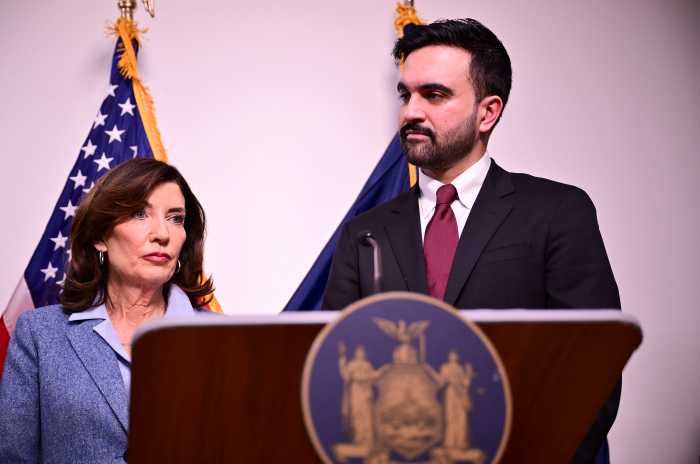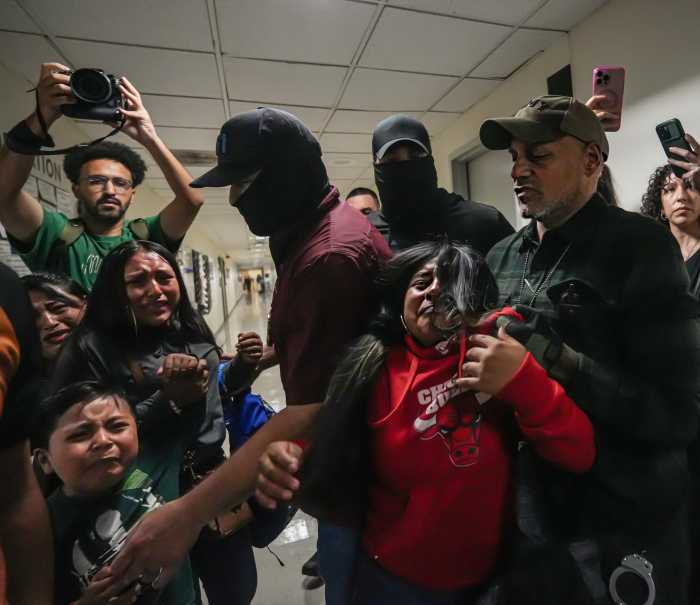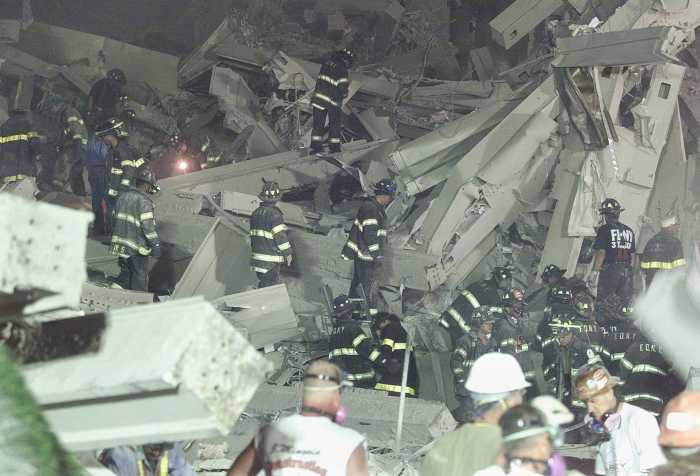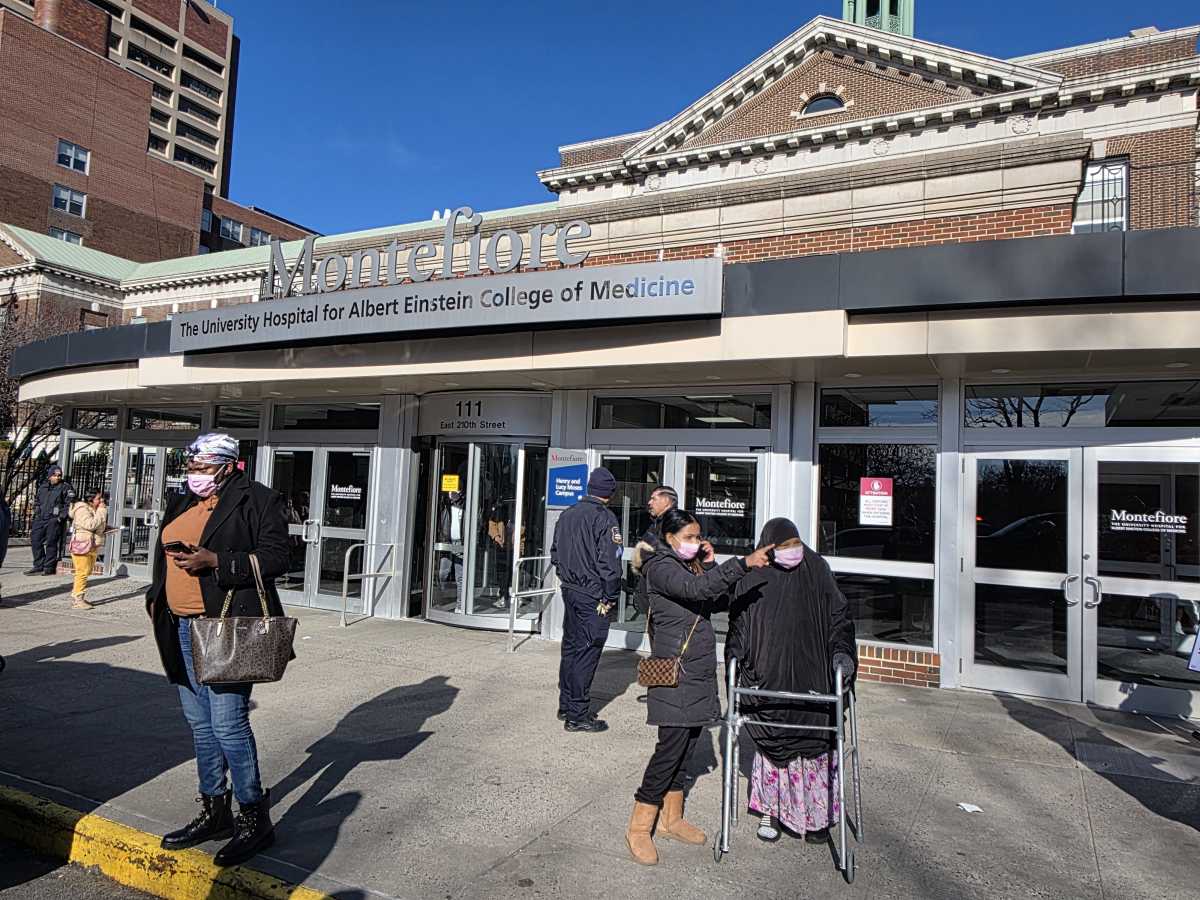The “Big Beautiful Bill” being rammed through Congress at the president’s urging this week stands to leave plenty of New Yorkers in a “big beautiful” world of pain.
The massive spending bill includes a $1 trillion reduction in Medicaid funding across the country over the next decade. Gov. Kathy Hochul’s office said the impact on New York would be tremendous — $8 billion in cuts to hospitals and health systems, $14 billion in lost economic activity, 65,000 jobs lost in the health-care industry and 1.5 million New Yorkers losing health care coverage altogether.
Supporters of the “Big Beautiful Bill” say these cuts to Medicaid are necessary in order to prevent government waste and fraud. Surely there had to be a better way to combat waste and fraud than by depriving hospitals of funding, depriving medical workers of their jobs and depriving low-income people of their health care benefits.
The bill includes new requirements that many Medicaid applicants and recipients must complete paperwork to verify they work or volunteer a certain number of hours each month to receive their benefits. The administrative costs of maintaining this requirement will be prohibitive; Georgia, NPR reported, spent $90 million in its work requirement program, but only $26 million went toward actual health benefits. Talk about government inefficiency.
The loss of health care is particularly cruel. Low-income New Yorkers have every right to access to doctors’ visits, affordable medication and life-saving treatment. Some New Yorkers will suffer debilitating consequences, or worse, from a lack of health care. Emergency room visits will go unpaid; hospitals and health systems, already struggling to pay their own bills, will only fall into further economic calamity.
New York state and city governments must act as the federal government moves to gut health care access for a population of recipients roughly equal to the size of the Bronx. They cannot afford to wait until hospitals and health care systems are on the brink of collapse to bail them out, or for New Yorkers to become sick and crowd emergency rooms where they cannot be turned away because of a lack of resources.
Both governments must collaborate to shift more funding toward preserving health care benefits for those about to lose Medicaid. They must also make an effort to assist health care systems and soften the blow of any funding cuts coming their way.
It may also be time for New York to think outside the box and forge interstate compacts with its neighbors in New England, New Jersey and Pennsylvania. This will enable a potential sharing of financial resources that will ease the economic and physical pain for everyone.





































